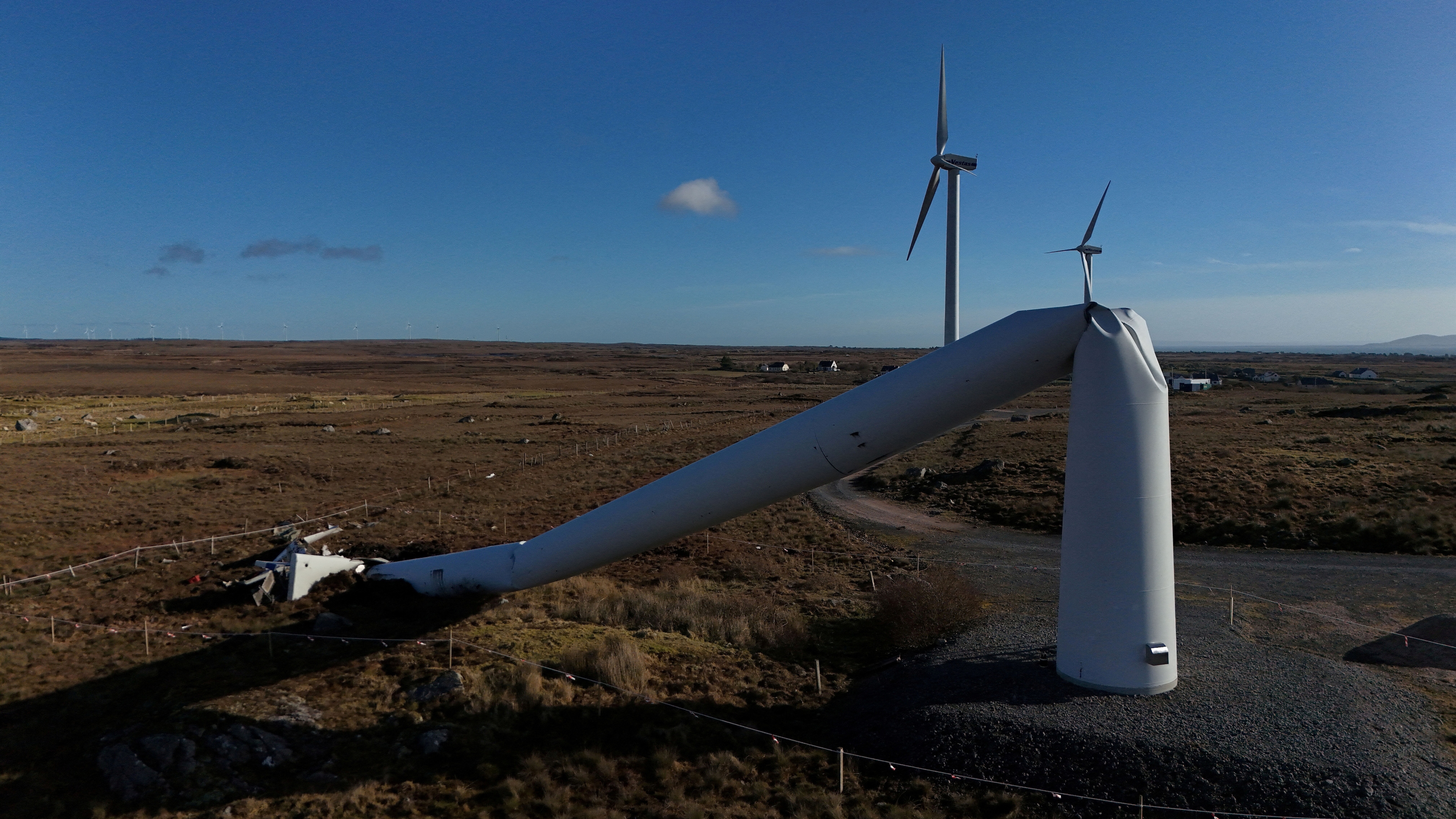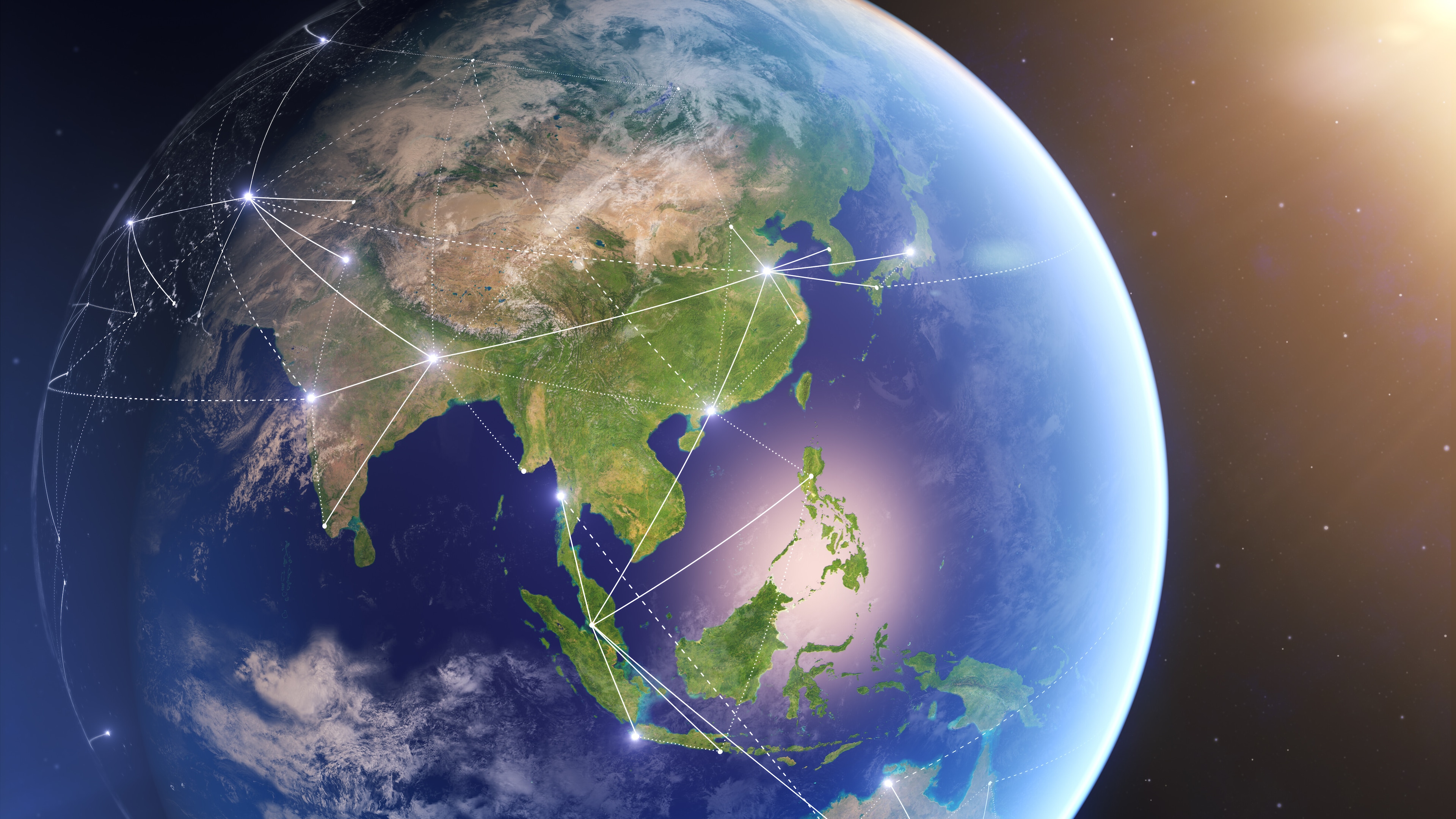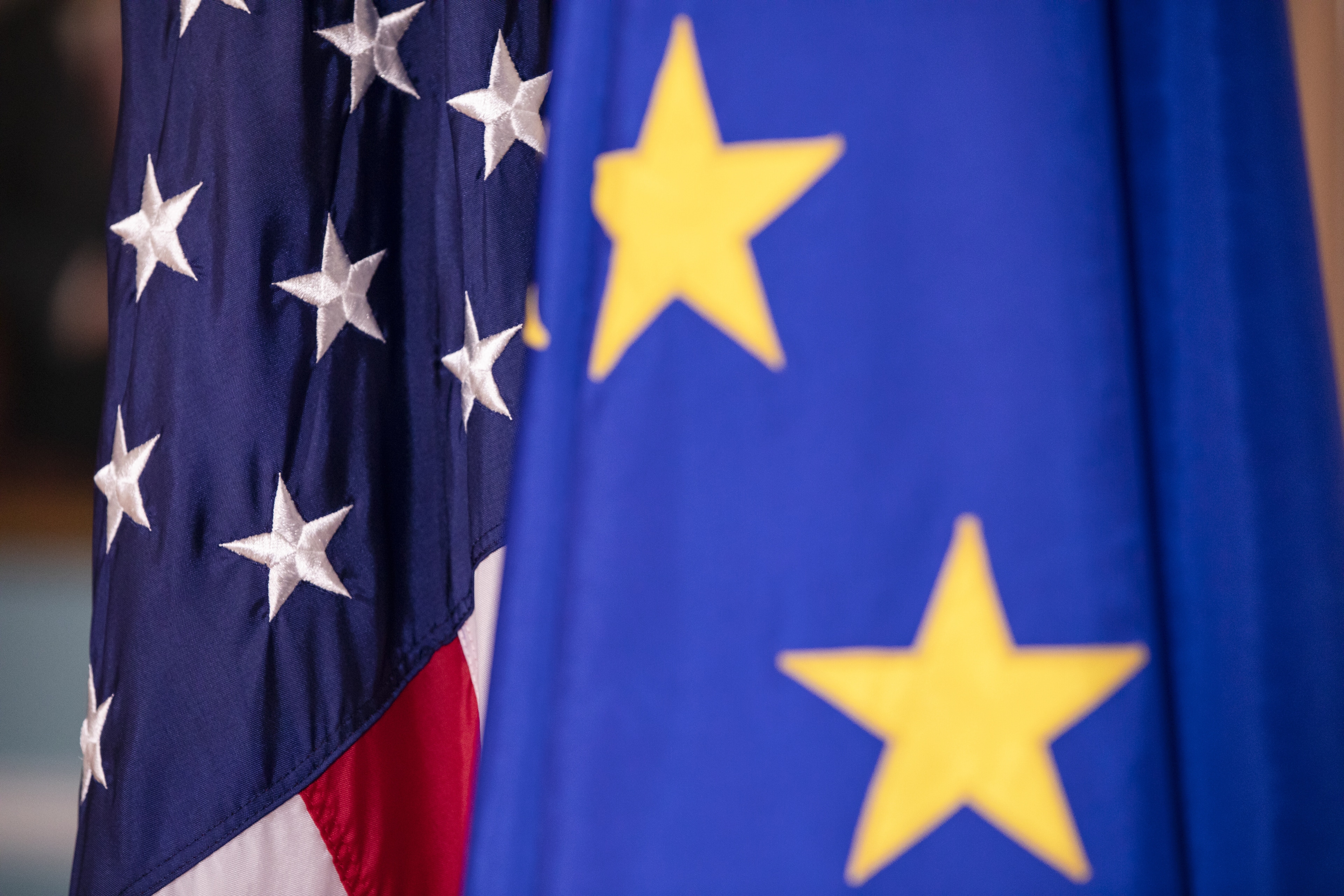Why America can’t turn its back on the world

Stay up to date:
Financial and Monetary Systems
Is the United States turning inward and becoming isolationist? That question was posed to me by a number of financial and political leaders at the recent World Economic Forum at Davos, and was heard again a few days later at the annual Munich Security Conference. In a strong speech at Davos, Secretary of State John Kerry gave an unambiguous answer: “Far from disengaging, America is proud to be more engaged than ever.” Yet the question lingered.
Unlike the mood at Davos a few years ago, when many participants mistook an economic recession for long-term American decline, the prevailing view this year was that the US economy has regained much of its underlying strength. Economic doomsayers focused instead on previously fashionable emerging markets like Brazil, Russia, India, and Turkey.
The anxiety about US isolationism is driven by recent events. For starters, there is America’s refusal (thus far) to intervene militarily in Syria. Then there is the coming withdrawal of US troops from Afghanistan. And President Barack Obama’s cancellation of his trip to Asia last autumn, owing to domestic political gridlock in the US Congress and the resulting government shutdown, made a poor impression on the region’s leaders.
Indeed, with Kerry’s time and travel focused on the Middle East, many Asian leaders believe that Obama’s signature foreign policy – strategic “rebalancing” toward Asia – has run out of steam, even as tension between China and Japan, evident in their leaders’ statements at Davos, continues to mount.
Particularly egregious from the point of view of “Davos” was the recent refusal by Congress to approve the reform and refunding of the International Monetary Fund, even though a plan that added no significant burden to the American taxpayer had been agreed years earlier by the G-20 under Obama’s leadership.
When I asked a prominent Republican senator why Congress had balked at keeping an American commitment, he attributed it to “sheer orneriness,” reflecting the mood of right-wing Tea Party Republicans and some left-wing Democrats. Further evidence of American isolationism can be found in a recent opinion poll taken by the Pew Research Center and the Council on Foreign Relations. According to the survey, fifty-two percent of Americans believe that the US “should mind its own business internationally and let other countries get along the best they can on their own.” About the same number said that the US is “less important and powerful” than it was a decade ago.
The problem with these perceptions – both at home and abroad – is that the US remains the world’s most powerful country, and is likely to remain so for decades. China’s size and rapid economic growth will almost certainly increase its relative strength vis-à-vis the US. But even when China becomes the world’s largest economy in the coming years, it will still be decades behind the US in terms of per capita income.
Moreover, even if China suffers no major domestic political setback, projections based on GDP growth alone are one-dimensional and ignore US military and soft-power advantages. They also ignore China’s geopolitical disadvantages within Asia.
America’s culture of openness and innovation will ensure its role as a global hub in an age when networks supplement, if not fully replace, hierarchical power. The US is well positioned to benefit from such networks and alliances, if American leaders follow smart strategies. In structural terms, it matters greatly that the two entities in the world with economies and per capita income similar to the US – Europe and Japan – are both American allies. In terms of balance-of-power resources, that boosts America’s net position, but only if US leaders maintain these alliances and ensure international cooperation.
Decline is a misleading metaphor for today’s America, and Obama fortunately has rejected the suggestion that he should pursue a strategy aimed at managing it. As a leader in research and development, higher education, and entrepreneurial activity, the US, unlike ancient Rome, is not in absolute decline. We do not live in a “post-American world,” but we also no longer live in the “American era” of the late twentieth century. In the decades ahead, the US will be “first” but not “sole.”
That is because the power resources of many others – both states and non-state actors – are growing, and because, on an increasing number of issues, obtaining America’s preferred outcomes will require exercising power with others as much as over others. The capacity of US leaders to maintain alliances and create networks will be an important dimension of America’s hard and soft power. The problem for US power in the twenty-first century is not just China, but the “rise of the rest.”
The solution is not isolation, but a strategy of selectivity similar to what President Dwight Eisenhower advocated in the 1950’s. A smart power strategy starts with a clear assessment of limits. The preeminent power does not have to patrol every boundary and project its strength everywhere. That is why Eisenhower prudently resisted direct intervention on the French side in Vietnam in 1954.
Eisenhower was right about something else, too: America’s military strength depends on preservation of its economic strength. Nation-building at home is not the isolation that critics fear; on the contrary, it is central to a smart foreign policy.
A smart strategy would avoid involvement of ground forces in major wars on the Asian continent. Yet such prudence is not the same as isolationism. The US needs to combine its soft- and hard-power resources better.
As Obama said in his 2014 State of the Union address, “in a world of complex threats, our security depends on all elements of our power – including strong and principled diplomacy.” Eisenhower could have said that, and no one would accuse him of being an isolationist.
The opinions expressed here are those of the author, not necessarily those of the World Economic Forum. Published in collaboration with Project Syndicate.
Author: Joseph S. Nye, Jr. is a professor at Harvard and author, most recently, of Presidential Leadership and the Creation of the American Era.
Don't miss any update on this topic
Create a free account and access your personalized content collection with our latest publications and analyses.
License and Republishing
World Economic Forum articles may be republished in accordance with the Creative Commons Attribution-NonCommercial-NoDerivatives 4.0 International Public License, and in accordance with our Terms of Use.
The views expressed in this article are those of the author alone and not the World Economic Forum.
Related topics:
Forum Stories newsletter
Bringing you weekly curated insights and analysis on the global issues that matter.
More on Economic GrowthSee all
Atul Kumar
August 12, 2025
Elizabeth Henderson and Daniel Murphy
August 8, 2025
Li Dongsheng
July 31, 2025
Charlotte Edmond
July 30, 2025
Naoko Tochibayashi
July 30, 2025
Matt Watters
July 29, 2025





